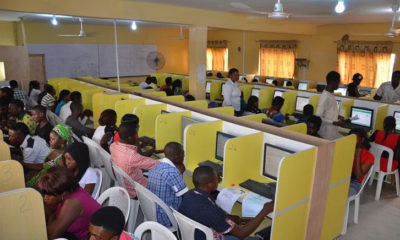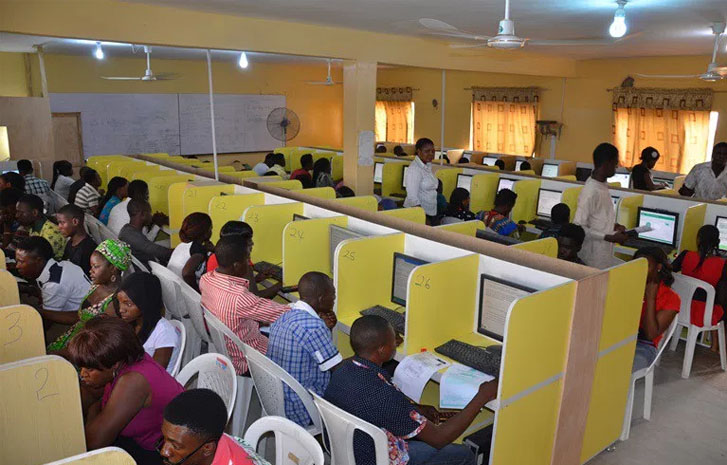Coventry University and Stellenbosch University in South Africa will look to build on their strong relationship by stepping up their collaborative research projects and staff and student exchange programmes.
As part of a Memorandum of Understanding agreement, Coventry and Stellenbosch will continue working together on additional joint research projects, sharing knowledge and mutual areas of research interest. They will also collaborate with the objective of offering their students practical experience work placements, providing joint courses and contributing to joint research publications.
Another goal is for the universities to use their respective platforms and mutual objectives to actively promote international collaboration, equality and the development and improvement of societies around the world.
The two institutions are already working together on multiple joint research projects and initiatives across a range of Coventry University’s research centres.
Stellenbosch University is among South Africa’s leading tertiary institutions based on research output, student pass rates, rated scientists and student retention. Stellenbosch aspires to be the leading research-intensive university in Africa and is globally recognized as excellent, inclusive and innovative. It boasts one of the highest weighted research outputs per full-time academic staff member of all South African universities and the highest student success rate in the country.
Professor John Latham CBE, Coventry University Vice-Chancellor, is an Extraordinary Professor in the area of enterprise and entrepreneurship at Stellenbosch University, where in 2019 he additionally received an Honorary Doctorate for his services to UK Higher Education. He said: “We’re delighted to be expanding our global reach with this new collaboration with one of South Africa’s most influential institutions in terms of research and student success.
“Our excitement continues to build around the opportunities this MoU agreement could provide for students at both Coventry and Stellenbosch, and the potential for us to work together to build on our impactful research and create really unique cultural and educational opportunities for our students is really significant.”
Stellenbosch University’s Rector and Vice-Chancellor, Professor Wim de Villiers, agreed: “Building purposeful collaborative networks is part of our Vision 2040 and strategy for the future. Over the past few years Stellenbosch University has invested in internationalisation efforts and many of our collaborations create opportunities that, previously, students didn’t have access to. The MoU with Coventry University is a prime example of that and a great initiative that strengthens the relationship between our two great institutions.”
As a globally connected institution with a worldwide network of more than 50,000 learners in more than 40 different countries, Coventry University will look to use this new collaboration to enhance and build on its international research collaborations and multinational body of staff, students and knowledge.
Coventry University already has collaboration agreements with establishments across the globe, including in Hong Kong, Mexico, France and more, and the university is building new relationships through its four overseas hubs in Europe, Africa and Asia.

 Naira3 weeks ago
Naira3 weeks ago
 News4 weeks ago
News4 weeks ago
 Naira4 weeks ago
Naira4 weeks ago
 Naira3 weeks ago
Naira3 weeks ago
 Jobs3 weeks ago
Jobs3 weeks ago
 Travel3 weeks ago
Travel3 weeks ago
 Naira3 weeks ago
Naira3 weeks ago
 Investment4 weeks ago
Investment4 weeks ago




























